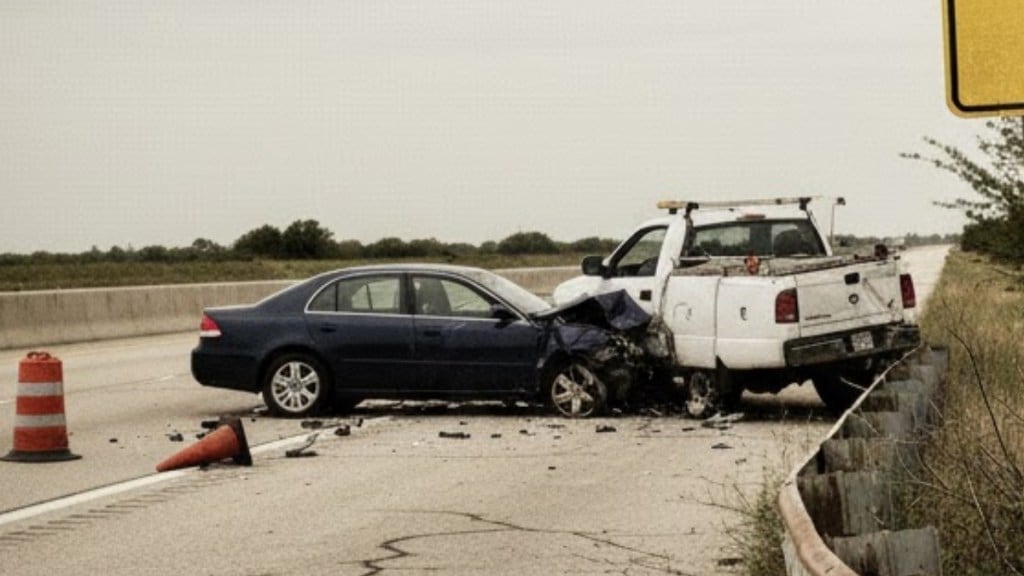The Ministry of Highways, on Sunday has decided to fine contractors if more than one accident occurs in a year on a particular stretch of a National Highway built under the build-operate-transfer (BOT) model, a senior government official told news agency PTI.
“If more than one accident happens in a particular stretch, say 500 meters, then the contractor will face a penalty of Rs 25 lakh. Penalty will increase to Rs 50 lakh if an accident happens next year,” V Umashankar, Secretary, Road Transport and Highways, said.
He explained that the ministry has revised the BOT agreement. Now, contractors will have to take safety measures and fix problems if more than one accident happens on any highway stretch built by them under this model.
Umashankar added that the highways ministry has identified 3,500 accident-prone areas across the country.
Different models of highway construction
National Highway projects are carried out mainly in three ways – build-operate-transfer (BOT), hybrid annuity model (HAM) and engineering procurement and construction (EPC). Under the BOT model, the concession period – including maintenance – lasts between 15 to 20 years, while it is 15 years under HAM. During this period, the contractor is responsible for maintaining the highway stretch.
In EPC projects, the defect liability period (DLP) is five years for bitumen roads and ten years for concrete roads.
For toll-operate-transfer (TOT) and InvIT projects, the concession period, including maintenance, lasts for 20 to 30 years, and for operate-maintain-transfer (OMT) projects, it is usually nine years.
Nationwide cashless treatment scheme to roll out soon
Umashankar also mentioned that the government will soon launch a nationwide cashless treatment scheme for road accident victims after making changes based on learnings from its pilot project.
According to a May notification by the Ministry of Road Transport and Highways (MoRTH), accident victims will be eligible for cashless treatment worth up to Rs 1.5 lakh for the first seven days at designated hospitals.
The scheme aims to reduce deaths caused by delays in providing medical help after accidents.
“Any person being a victim of a road accident, arising out of the use of a motor vehicle, occurring on any road, shall be entitled to cashless treatment in accordance with the provisions of this scheme,” the notification said.
The ministry had launched a pilot project for the scheme on March 14, 2024, in Chandigarh, which was later extended to six other states.

